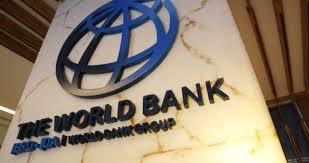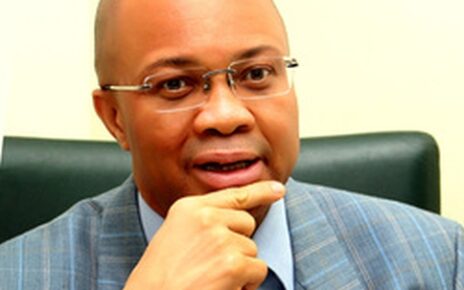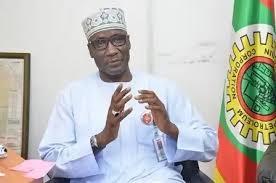The World Bank Group has reported that despite its devastating impacts on the global economic system, the COVID-19 pandemic encouraged financial inclusion and also led to increase in digital payments globally.
The multilateral financial institution gave this hint on Wednesday in its latest Global Findex 2021 database, noting that the expansion creates new economic opportunities and reduces the gender gap in accounts ownership globally.
According to the World Bank, the pandemic also built resilience at the household level to better manage financial shocks
It stated: “In low and middle-income economies (excluding China), more than 40 per cent of adults who made in-store or online payments using a card, phone, or the internet did so for the first time.
“The same was true for more than a third of adults in all low and middle-income economies who paid utility bills directly from a formal account”, the bank added.
The report further indicated that in India, more than 80 million adults made their first digital merchant payment after the start of the pandemic, while in China more than 100 million adults did.
In addition, it also reflected that two-thirds of adults across the world now make or receive digital payments, with the share in developing economies growing from 35 percent in 2014 to 57 percent in 2021.
The Washington D-C-based institution further reported that in developing economies, 71 percent of people had accounts in banks or in other financial institutions or with a mobile money provider, up from 63 percent in 2017 and 42 percent in 2014.
On the pandemic’s impact on Sub-Saharan Africa (SSA’s) payment system, the report stated that mobile money accounts triggered a huge increase in financial inclusion in the continent.
Speaking on the report’s findings, the World Bank Group’s President, David Malpass, said the digital revolution also catalysed increases in access and use of financial services globally, thereby transforming how people made and received payments, borrowed and saved.
Similarly, he pointed out that some of the policy priorities to mitigate reversals in development from the on-going overlapping crises included creating an enabling environment and promoting the digitisation of payments and increased broadening of access to formal accounts and financial services among women and the poor.
The Global Findex database, which was launched in 2011 with funding from the Bill and Melinda Gates Foundation, is the World Bank’s most detailed data set on how adults save, borrow, make payments, and manage risks.




